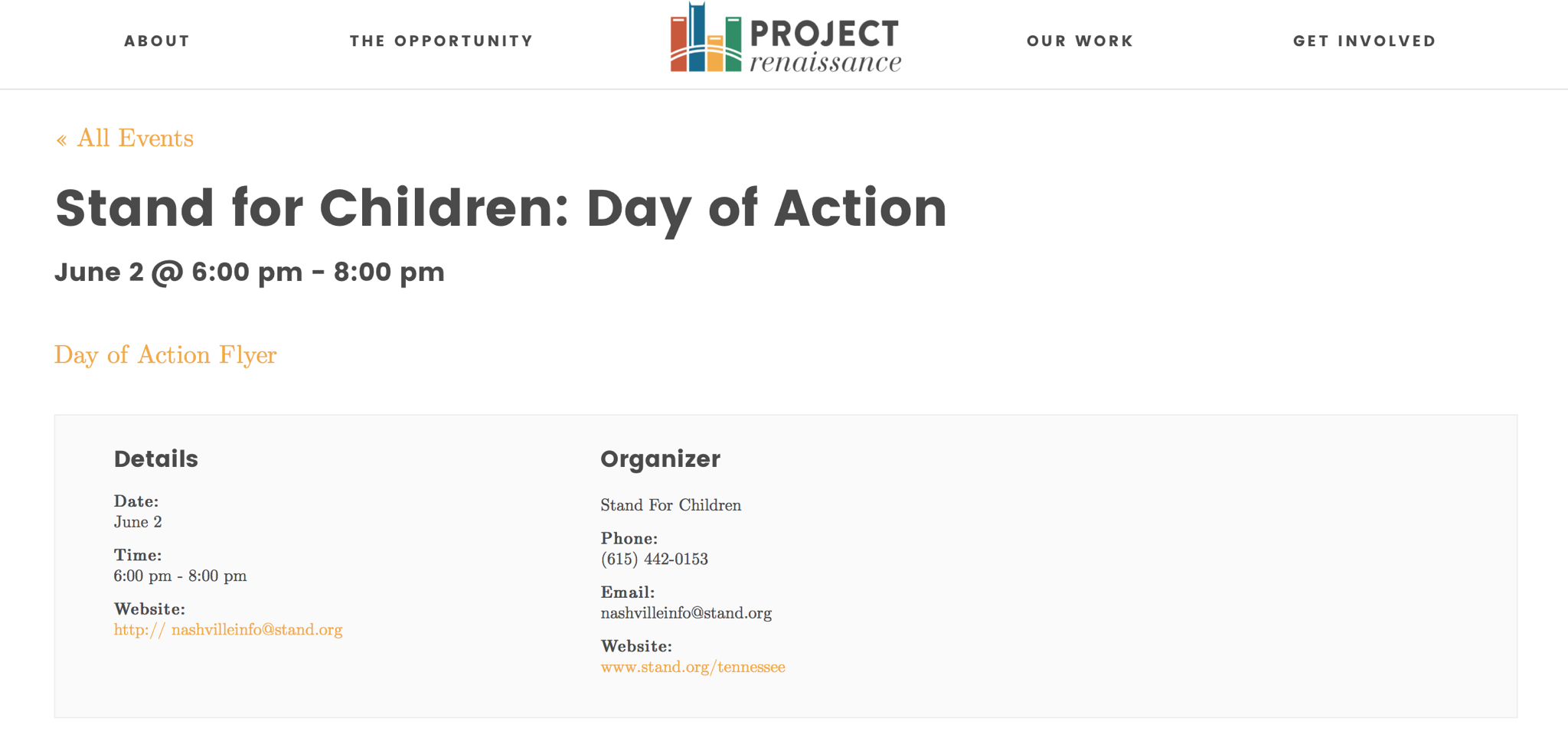Earlier today, I reported on the links between Nashville’s Project Renaissance/Nashville RISE and national groups promoting corporate education reform. Specifically, I noted Renaissance’s membership in Education Cities and the similarities between what’s happening in Nashville and what’s happening in other “Education Cities” like Indianapolis.
It’s important to also examine what’s happening in Indianapolis — a district following the Education Cities playbook — in order to see if that’s what we’d like to have happen in Nashville.
First, the charter schools in Indy aren’t doing so well. It may be because, as former TN ASD Superintendent Chris Barbic once said:
“As a charter school founder, I did my fair share of chest pounding over great results,” he wrote. “I’ve learned that getting these same results in a zoned neighborhood school environment is much harder.”
Chalkbeat’s Scott Elliott reported in April of this year on the struggles faced by charters in IPS:
Many Indiana schools saw rock-bottom passing rates on last year’s tougher ISTEP exam but in a city where public and charter schools compete for students, it’s worth noting that a majority of charter schools in the city had passing rates below the district’s average.
And that’s not a new phenomenon:
But of the 18 charter schools operating this year (2014-15) in the city that took ISTEP last year, about half fell below the Indianapolis Public Schools districtwide average of 51.6 percent passing.
These results may not be surprising, but they certainly don’t point to an Education Cities success story.
Here’s something else that’s interesting. Charter advocates have built clout in the Indiana legislature and used it create a charter school cash advance program — a payday loan of sorts, but with far better interest rates.
Chelsea Schneider in the Indianapolis Star reported on the plan:
The Indiana State Board of Education on Wednesday endorsed a plan to divvy out as much as $40 million in loans in the 2015-16 school year through a controversial new state program to fund charter schools.
Here’s how it works:
The per-student limit means a charter school could receive a maximum advance of $1,836 per student from their state tuition support, according to information shared by board staff. That could lead to some schools receiving less than what they requested. Two schools are seeking approximately $45,000 per student.
Under the program, eligible charter schools can request a maximum of $5 million. Interest rates on the loans are set at 1 percent.
That’s a pretty friendly interest rate provided to schools that may or may not get results.
The point is, it’s not clear from Indy’s example that theirs is a model Nashville should follow — even though Nashville’s ed reform advocates are using the same playbook used in “Education Cities” around the country.
For more on education politics and policy in Tennessee, follow @TNEdReport
